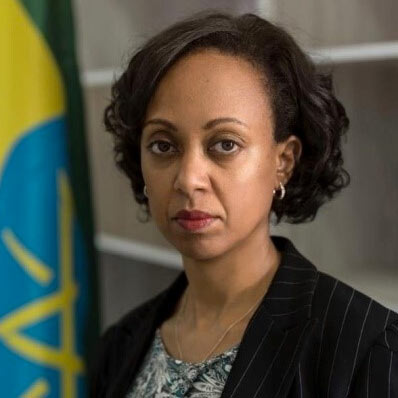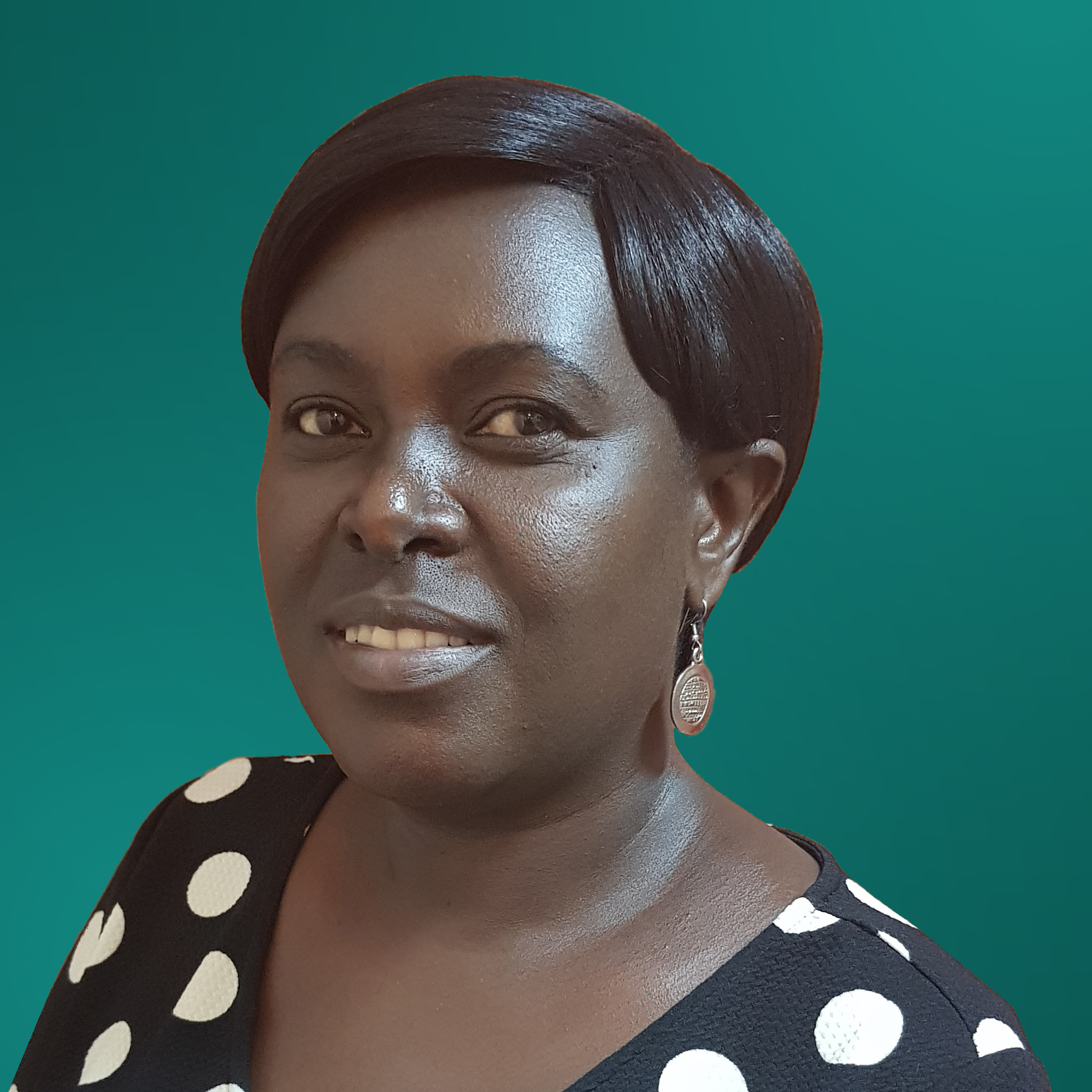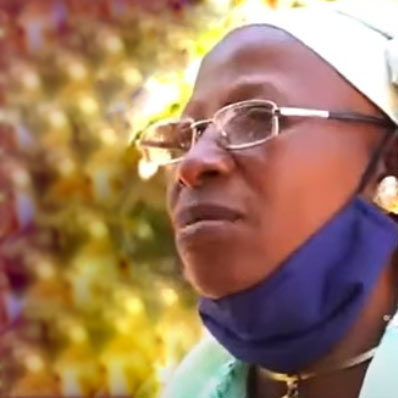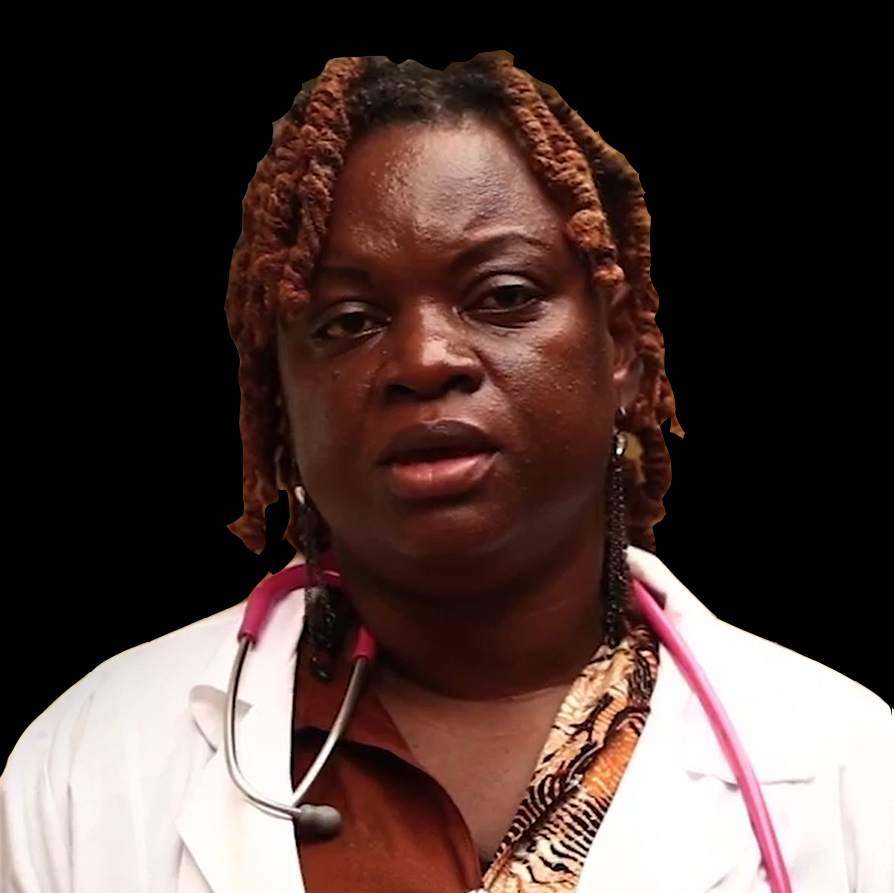The COVID-19 pandemic has had wide-ranging health, social, and economic impacts. Among the ripple effects, disruptions to essential health services are having devastating consequences, particularly for women, children and adolescents. The crisis is far from over. COVID-19 continues to disrupt health systems, further widening existing inequities with long-lasting impacts on women. But thanks to commitments and investments made in earlier years, some countries have been able to limit the damage and reclaim the gains. Against this context, this year’s annual report presents a mixed picture: While some countries were able to maintain and even accelerate gains, others saw progress slow or even reverse. And despite the challenges this year, the GFF Logic Model shows the partnership’s foundational support is producing results with progress across the portfolio for nearly all key indicators.

The unprecedented global impact of the COVID-19 pandemic has brought the world’s attention to the necessity of investing in health as a precondition for equity and prosperity. Since starting in this role, I have been humbled and impressed by the power of the GFF Partnership. I have seen tremendous country leadership and commitment and innovation emerge, giving us hope for what’s possible. And while the pandemic has laid bare inequity and weaknesses in health systems, it has also shined a light on where we need to focus our attention — and where the opportunity lies.
As we continue to support countries in their efforts to maintain essential services including maternal and child health, nutrition, sexual, and reproductive health and rights, my priorities are also to ensure we have an adequately trained and resourced health workforce, high quality primary health care, and more resilient health systems. As a former health minister in Colombia, I have also seen first-hand the importance of country leadership, the inclusion of civil society and other actors around the decision-making table, and the commitment to catalyze and align resources for the greatest impact.
Above all, an inclusive and responsive recovery will require us to be ambidextrous. We will need to tackle the pandemic and build back better by strengthening health systems. I believe we can — and must — do both at once.
The global and country context has evolved significantly since the start of the pandemic, and with continued uncertainties, our support will remain responsive to country needs. Further, COVID-19 has also shown that none of us can do it alone. Innovative collaboration and alignment through the Global Action Plan and within the ACT-Accelerator will be more important than ever.
I want to express my gratitude and appreciation to country leaders, civil society and community organizations, partners, donors and staff who have been working in pursuit of our shared goals, particularly during these unprecedented and difficult circumstances. If fully funded to implement our strategy, the GFF partnership can not only reclaim the gains, but also boost equity, build stronger and more resilient systems, and catalyze and align additional funding for health. This step change serves as the backbone for pandemic preparedness and response, places countries back on track toward achieving the Sustainable Development Goals, and helps ensure that all women, children, and adolescents can survive and thrive.

From the very onset of COVID-19, at the GFF we have been deeply concerned about the pandemic’s far-reaching and potentially devastating consequences. Unfortunately, those concerns were well-founded: GFF’s partner countries have experienced up to a 25 percent drop in coverage of essential health interventions, affecting women, youth and children the most.
In addition to the astonishing number of lives lost to COVID-19 and its impact on essential health services, the socioeconomic consequences will undoubtedly further fuel poverty and instability. With the global economic recession and increasing poverty, the pandemic has created or exacerbated financial barriers to health care, most acutely felt by the poorest and most vulnerable households. Across some of the poorest countries, the estimated increase in mortality caused by drops in the use of essential health services is more than double the officially reported death toll for COVID-19.
Against this context, this year the GFF portfolio presents a mixed picture: In some countries, progress has reversed on some key indicators, while other countries have made headway, albeit slower than expected. Several countries have been able to adapt — with support from the GFF and partners — driving progress and even accelerating outcomes.
The pandemic presents an opportunity to build primary health care systems that protect against public health threats and provide comprehensive and quality care for the communities we serve. Often in GFF partner countries, a health worker in a remote village is the same person who delivers nutrition and family planning services and COVID-19 vaccines. Similarly, community engagement activities that address pandemic fears and vaccine hesitancy can also promote the use of essential health services. This type of complementarity is also what we hear from our partner countries and community partners. By equipping health systems and health workers with better tools, improved systems, and more training, they will be further prepared to cope with the current pandemic and protect patients. These gains will be felt throughout the wider health system and help deliver quality care.
This year’s annual report dives deeper into understanding the impact of and response to COVID-19, offering lessons on how to build back better. While no approach is one-size-fits-all, the pandemic has reinforced the centrality of country leadership in responding to the immediate impacts on essential health services while also addressing the persistent inequalities further exacerbated by COVID-19 impacts.
There is a long road ahead before we see the end of the pandemic. Indeed, ongoing monitoring and policy dialogue confirm the increased need and demand from countries for stronger, more prepared service delivery and health systems — with 31 ministers of finance requesting additional support in the past few months alone.
Through new tools and approaches, fresh ways of working, and more rigorous data built on foundational support and country leadership, the GFF strategy for 2021–25 is already helping countries shape and drive necessary change during COVID-19 response and recovery efforts. As we work together to end this pandemic, we have our eye on the future. The GFF remains focused on ensuring the investments we and our partner countries make now are done with a view toward getting back on track as soon as possible and building toward a better, healthier future for all women, children and adolescents.


Co-chair's letter:
The pandemic has taken a terrible toll on the lives of people around the world — well beyond the direct impacts of COVID-19. It has disrupted health services, interrupted supply chains, and pushed even more people into poverty. COVID-19 has exposed and exacerbated inequalities between countries and within countries. The sharpest impact has been felt —and will continue to be felt — by the poorest and most vulnerable people, particularly marginalized women, children, and adolescents in the world’s poorest countries.
This challenge makes the GFF’s reason for being — to improve the health and quality of life for all women, children, and adolescents in the world’s poorest countries — more critical than ever. Since the onset of the pandemic, the GFF has been supporting partner countries to balance the complex requirements for COVID-19 tools and delivery, maintaining essential health services, and strengthening country health systems, including the integration of comprehensive sexual and reproductive health and rights. At the center of these efforts is transformational country leadership driving for change and seizing the opportunity to transform the trajectory. Countries can tackle urgent needs now while also improving primary care systems and community-based services. And, as countries address the wide-ranging impacts of COVID-19, we can also support them to double down on efforts to help health systems come out of this stronger.
The GFF’s 2021–25 strategy reaffirms the GFF’s laser-like focus on accelerating progress on reproductive, maternal, neonatal, child, and adolescent health and nutrition outcomes in the world’s poorest countries. The GFF partnership has been hard at work operationalizing the strategy by putting into practice the new GFF gender equality road map. In addition, the GFF directs efforts toward closing equity gaps; accelerating progress on effective investment case implementation; driving more efficient and sustainable financing; addressing alignment challenges; and promoting accountability, all with a relentless focus on achieving measurable results for sustainable impact.
However, these efforts require a fully funded GFF. With US$1.2 billion available for immediate needs as part of a broader funding request of US$2.5 billion by 2025, we can collectively contribute to saving 5 million lives by 2025 and mobilize an additional US$18 billion for the health of women and children — a significant return on investment that will shape the productivity of the next generation and restore human capital as the backbone of a resilient recovery.
Now is the time for the GFF to double down on the global commitment to ensure that all women, children, and adolescents can access the quality, affordable health care they need to survive — and thrive — through this pandemic and for decades to come.


"The GFF has been supporting partner countries to balance the complex requirements for COVID-19 tools and delivery, maintaining essential health services, and strengthening country health systems. At the center of these efforts is transformational country leadership driving for change and seizing the opportunity to transform the trajectory."
Read Letter
"Above all, an inclusive and responsive recovery will require us to be ambidextrous. We will need to tackle the pandemic and build back better by strengthening health systems. I believe we can – and must – do both at once."
Read Letter
"As we work together to end this pandemic, we have our eye on the future. The GFF remains focused on ensuring the investments we and our partner countries make now are done with a view toward getting back on track as soon as possible and building toward a better, healthier future for all women, children and adolescents."
Read Letter2020 saw the onset of an unprecedented global pandemic with wide-ranging health, social, and economic impacts. Among the devastating ripple effects, disruptions to essential health services caused by COVID-19 have ignited a secondary health crisis — particularly for women, children, and adolescents. Some counties have experienced up to a 25% drop in essential health services, threatening years of hard-earned progress.
Across some of the poorest countries, the estimated increase in mortality caused by drops in the use of essential health services is more than double the officially reported COVID-19 death toll.
Strong country leadership and commitment are giving hope to what's possible.
Over the past 18 months, the crisis has been met with an extraordinary response — from frontline health workers, to youth advocates, civil society organizations, and governments — to double down on the commitment to women, children, and adolescents.
Thanks in part to strong commitments and investments made through previous years to improve the health of women, children, and adolescents, some countries have been able to limit the damage and reclaim the gains.

Pauline Irungu
PATH and CSO representative
"This year's report shows the power of the GFF partnership whose collective action has helped countries to chart the path towards a more inclusive recovery, but there is a closing window of opportunity and urgent action is needed now. Through its country-led model, and with increased investments from donors and partner governments, countries and communities can continue to drive the step changes needed to deliver on the right to health for all women, children and adolescents."

Mme Traoré Mariam Sidibé
President of Women’s Association, Mali
"Women must be at the forefront of addressing these challenges. We are identifying strategies to strengthen our financial autonomy and plan the actions needed to increase attendance in health centers."

Dr. Williamatta S. Williams-Gibson
Medical Director,
Redemption Hospital, Liberia
"Based on the experience we had with Ebola, we put all the necessary precautions into place. We set up infection and prevention control units, had trainings and secured protective personal equipment which boosted the morale of the staff."
The rollout of the GFF’s 2021–25 strategy has already helped to reduce inequities by supporting the most disadvantaged and vulnerable populations. It helped strengthen primary health systems and safeguard more and better financing for health — making these systems more responsive to global health shocks and the needs of women, children, and adolescents.
The impacts of COVID-19 and the economic knock-on effects have worsened existing inequities, hitting women and children hardest. Between 2019 and 2020, across half of GFF's partner countries, the gap in coverage of essential health services within countries widened.
But there are glimpses of hope:
Resilient health systems and stronger primary health care in the frontlines and communities are the backstop to flattening the COVID-19 curve. The GFF is helping countries to make the system changes necessary to maintain essential services and scale up equitable delivery of COVID-19 vaccines and tools.
As countries worked to stabilize and strengthen their health systems, the GFF helped governments determine the impact of COVID-19 on health spending, map resources and track expenditures, and mobilize more resources for health.
For all media inquiries, contact
Sheryl Silverman
ssilverman@worldbankgroup.org
Nansia Constantinou
nconstantinou@worldbankgroup.org